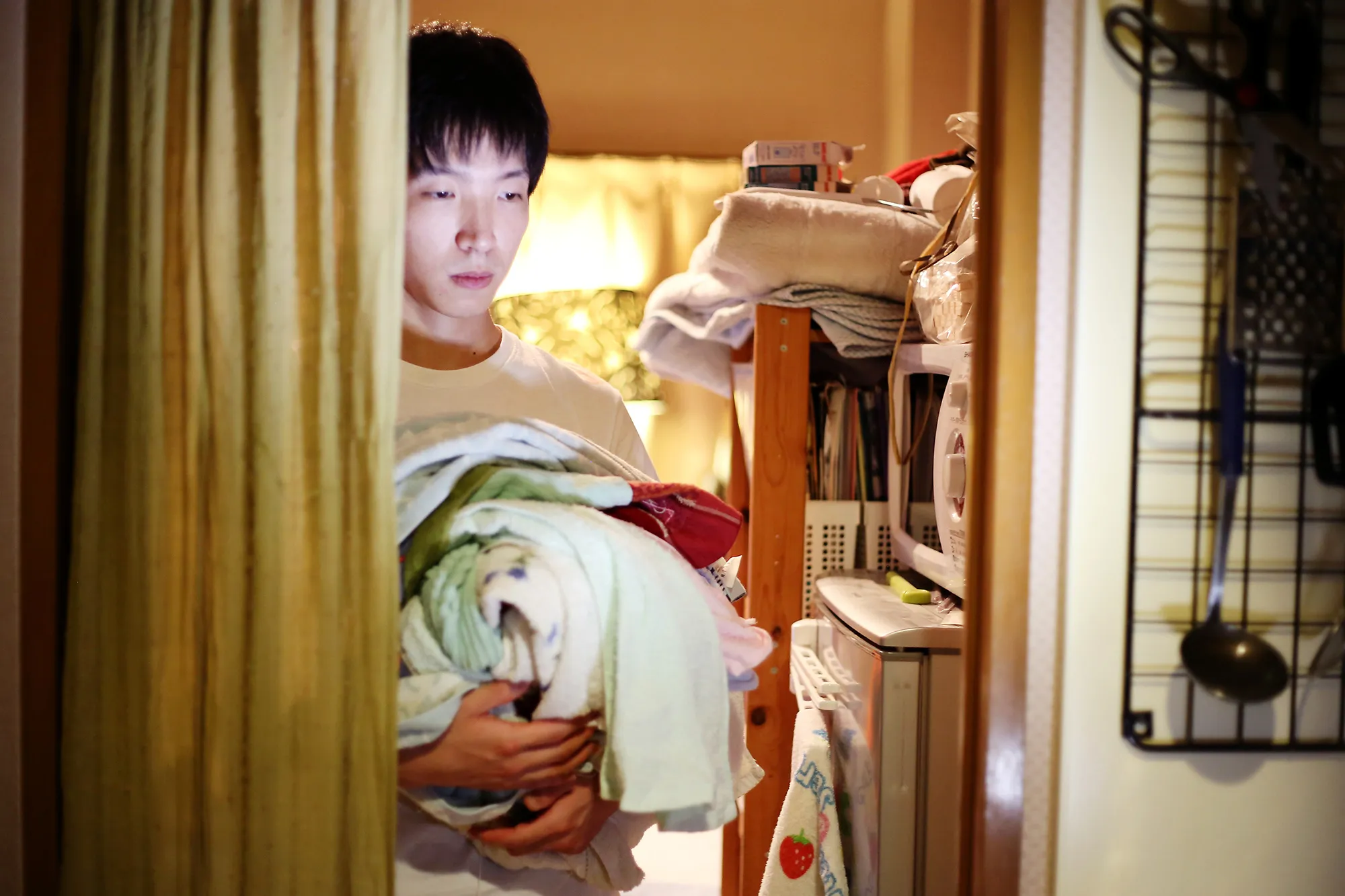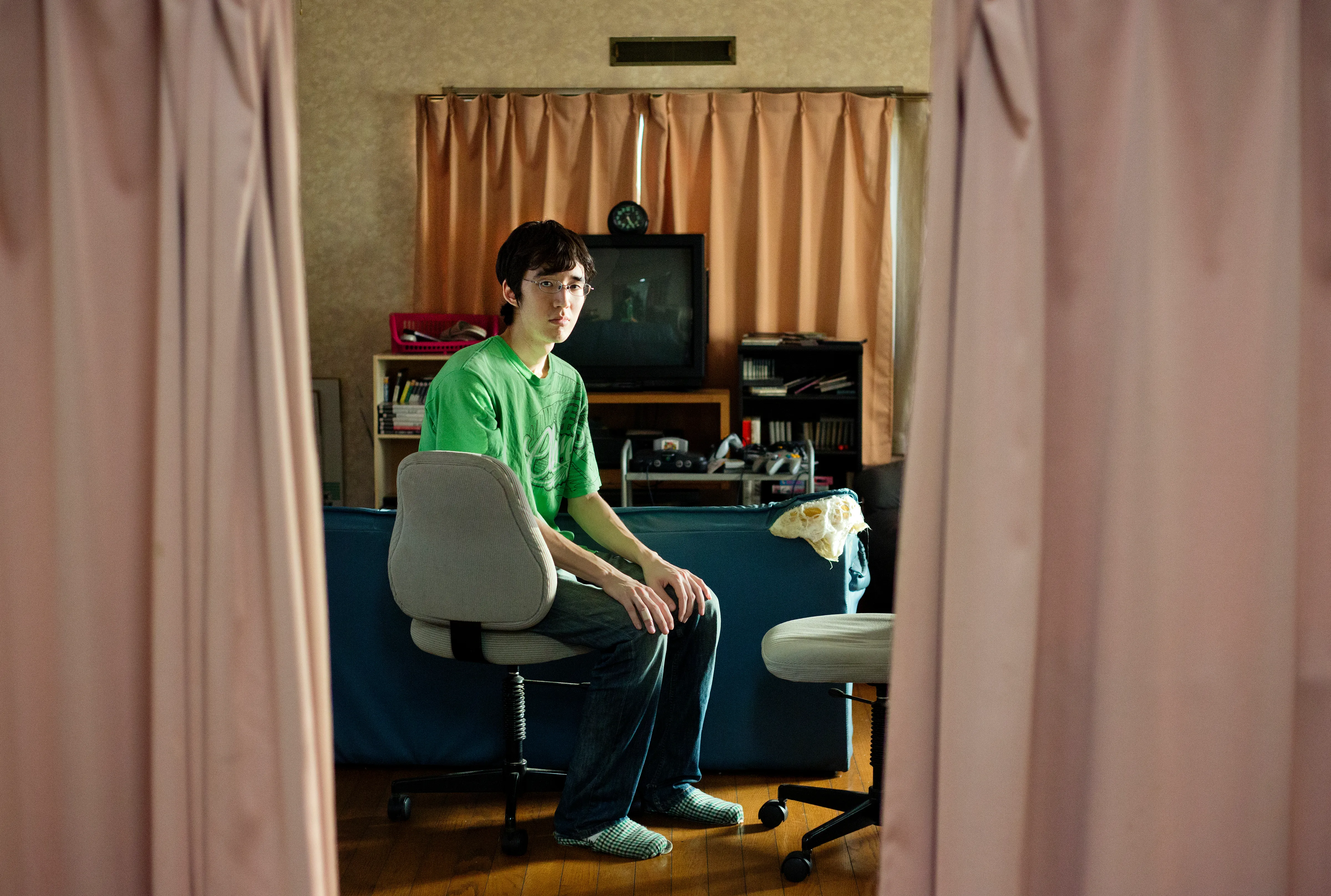Veena and I have been witnessing and talking about this for a while. It’s a topic that is so big, nuanced and complex that maybe we won’t be able to unpack it in one neat post (or ten?)- so we’ll keep digging deeper over a few posts - consider this Part I.
A few months ago, Vivek Murthy, the surgeon general of the USA grabbed the ever distracted public consciousness to pay attention to what is distinctly modern malaise: loneliness.
Loneliness and isolation hurt whole communities. Social disconnection is associated with reduced productivity in the workplace, worse performance in school, and diminished civic engagement. When we are less invested in one another, we are more susceptible to polarization and less able to pull together to face the challenges that we cannot solve alone — from climate change and gun violence to economic inequality and future pandemics. As it has built for decades, the epidemic of loneliness and isolation has fueled other problems that are killing us and threaten to rip our country apart.
His point was that the USA needs to move decisively against this - a ‘whole country’ approach is going to be needed. Schools, corporations, governments - everyone needs to do more to create more social connections. ‘Social connections’, as it happens to be, is not just good for business - it is business. Everyone from Airbnb to CEOs wanting to claw back whatever work-from-anywhere freedom they’d ceded during the pandemic aligned to this mission soon after.
A lot of the analysis in the US focused on how America is more individualistic culture, and taken to its logical extreme - it has wrought loneliness. The focus on self, pull-yourself-from-your-bootstraps ethos and notions of freedom of self all incentivize a more insular world view. And information bubbles don’t help.
But is loneliness the disease, or the symptom? Look East for a clue.
Long before the pandemic or smartphones could be blamed, Japan and South Korea had been wrestling the scourge of loneliness on various levels. China, Taiwan and Singapore would soon join them. The effects may be similar but the origin stories look different from the West.
In the West, loneliness is often attributed to factors such as individualism, a decline in community connections, and social media usage. In the USA, people may live far away from their families and social support networks due to work or lifestyle choices, leading to a lack of social connections.
In Japan, the cause of loneliness is more complex. While loneliness is often seen as a result of a declining birth rate, and aging population, cultural factors play a significant role. Japan has a collectivist culture, which values group harmony over individual needs, and as a result, individuals may feel societal pressure to conform to the group and not stand out. Many statistical indicators, from number of single-income households to suicide rates to the number of people who say they feel isolated, will show you the sheer scale of this. But I like to look at cultural signals.
How did a collectivist and an individualist society both end up at the exact same junction of loneliness? Maybe loneliness is a symptom of something else?
The pandemic literally forced ‘isolation’ on us. Isolation and loneliness are connected but not the same. You can be lonely in a crowded room.
In Sayaka Murata’s book Earthlings, the protagonist Natsuki equates the way the world around her works to be akin to a ‘factory’ - where everyone has a role and the output is human babies - the more evidence she sees that she’s either unfit or unwilling to be part of the factory, the more she literally believes that she’s an alien.
More than isolation, it’s alienation. It’s when you feel out of reach of your environment - where no one reaches out to you and you’ve given up on reaching out to anyone.
It’s the lack of hope that lets loneliness in.
Photographer Maike Elan spent time documenting how difficult it is to bring someone out of this cloud.
Japan’s Ministry of Health, Labor and Welfare has defined a hikikomori as a person who does not participate in society (particularly school or work) and has no desire to do so. A hikikomori is also someone who doesn’t have any close, non-familial relationships. These withdrawal symptoms must last for at least six months, and the social withdrawal itself must not be a symptom of a pathological problem.


Photographer Maika Elan captures the hidden world of the hikikomori - people, mainly men, who haven’t participated in society, or shown a desire to do so, for at least a year
She observes how the longer you’ve spent out of the reaches of social ties, the harder the task of bringing you out.
South Korea's highly competitive and pressure-filled education and job market can lead to social isolation. The focus on academic and career success often leaves little time for social interactions. Rapid urbanization has led to the breakdown of traditional community structures, with many people living away from their families and hometowns. South Korea is known for its culture of long working hours and high workplace expectations. This can limit the time individuals have for social interactions and building meaningful relationships.
In 2021, with the problem exacerbated by COVID, Japan appointed a 'minister of loneliness' to help people home alone. Countless govt as well as non-govt programs existed even before this position got formalized, but the elevation to a ministerial level signalled how grave the problem has become. But the scale of solutions never seems to match the problem. This piece on loneliness becoming the norm in Japan came our 11 years ago! Yet, here we are.
Of course, some progress was definitely made - suicide rates had come down drastically over the past decade, but ticked up again during the pandemic, but overall progress shows that concentrated interventions work.
But loneliness didn’t go away, it’s now more prevalent than ever before.
What is a loneliness minister to do?
Why didn’t Japan solve this issue even after years of work? Why is this now showing up in multiple developed nations?
Maybe it was never the disease to begin with. Could it be how our economic, social and political mousetrap was built in the first place?
1 in 5 South Korean residents live in Seoul, where the jeonse system makes tenants pay a deposit, often comprised of life savings and sizeable bank loans. And then when the economy goes wobbly, landlords can’t return that money because they need to find the next tenant to pay up - it’s a ponzi scheme. Koreans have one of the most debt laden households in the world - it drives many to desperation.
Economic opportunities tend to concentrate around the seed of urbanism. Anyone who has lived in a big metropolis knows - you’re packed in with more people than ever in your life yet your instincts are to never acknowledge them. Not only the apprehension of new relationships, it’s the existing relationships that people left behind in the hinterlands in the first place. Asking men to participate in office soccer leagues can only go so far, but not promise long-lasting bonds. Your lived environment does.
So maybe our Loneliness Minister should really be an Urban Community minister. Or maybe all ministries are loneliness ministries.
Societal bonds fray slowly, and who you are has just as much to do with it as where you are. The more we bring back hope into people’s lives, the stronger their innoculation against loneliness. The more you feel at ease with where your paycheck will come from, how much you can afford your rent, how sure you can be of your family living a comfortable life over the the next decade….the less hopelessness you might feel. The more time for those soccer leagues.
—
Not all loneliness looks alike. The causes and effects are different for the young and old, for men and women. But we’ll get into that later…

